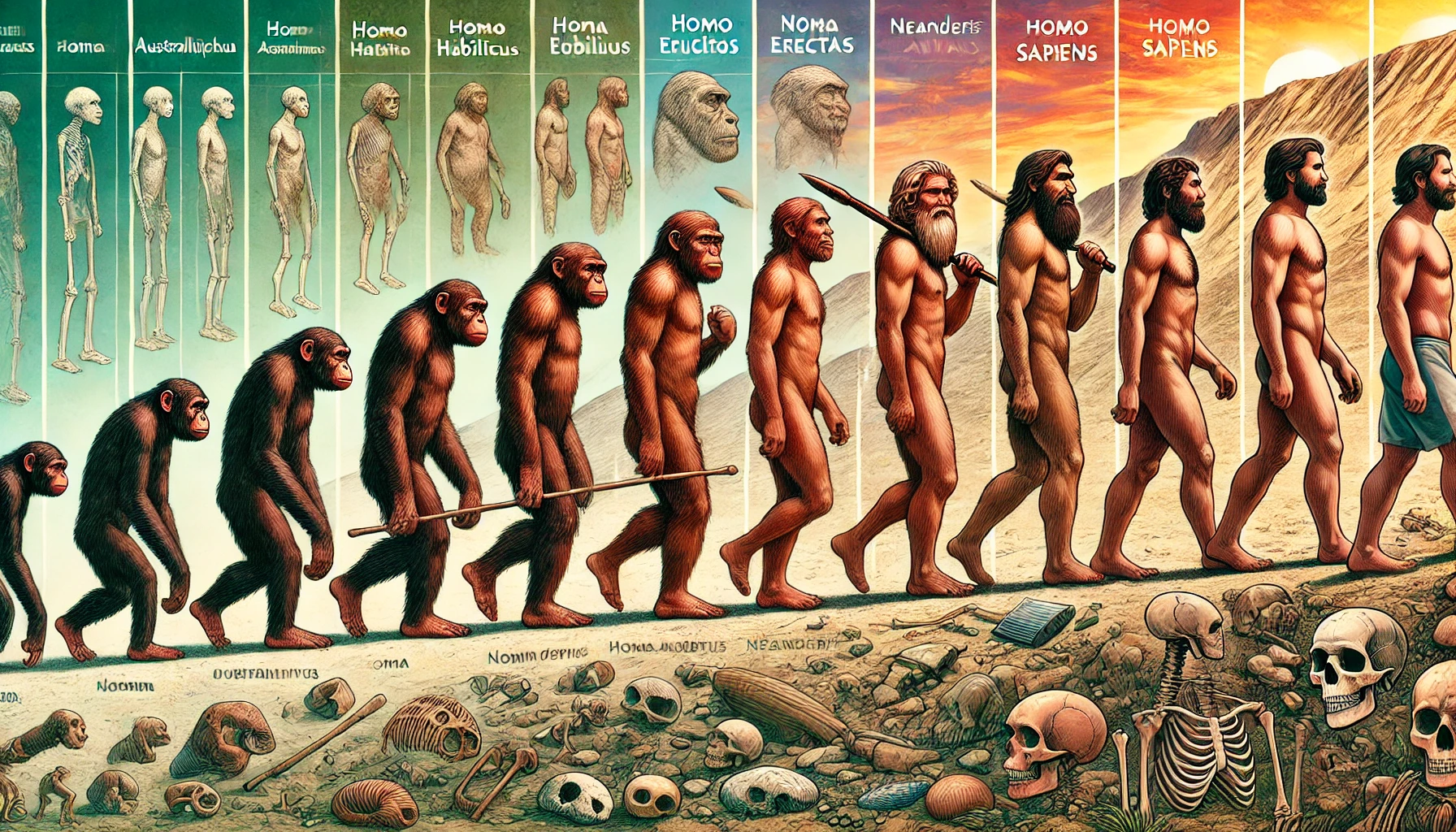

The truth is in the details
Hello! I am Gaby
I focus on the details (continuously)
I am happy (usually)
I am alive (temporarily)
I love trying to understand the world and how we humans are. Making videos, writing... whatever.


Man is technology
Type
Vídeo
Data
07/04/2014
Temes
tech
Some time ago I read someone saying that what makes us human is technology.
I initially found that very superficial. Humans, without technology, are still human.
But over time I began to understand this phrase and I started to share it.
Humans, without technology, would not be the humans we know today. I am not saying they would be worse.
When we talk about technology people think of the iPhone or the iPad. I am not referring to that.
The domestication of animals, agriculture, ladders for climbing trees, writing, the printing press, mathematics, electricity, fire, tools, horses, the wheel… without any of that we could not understand the human race as it is today.
Imagine a world without electricity/energy (no washing machine, no dishwasher, no machines in industries…), agriculture without large machines where one person could feed thousands… or a world without writing.
Therefore, what makes us human, as we know it today, is technology.
And what is the reason for that?
A few days ago I was talking with someone who was worried because technology is replacing many jobs.
- That is not good - she said.
- What will people work on? - she repeated.
I don’t know if it is good or not… but what has brought us this far is technology and it seems that the only path is to continue producing technology. For example, to solve the abuse we do to the planet, it will only be solved once we discover better technologies than the current ones.
During the Industrial Revolution, people also complained a lot about the jobs machines were taking. There was even a movement dedicated to going to factories to dismantle the machines.
Humans will have to do other kinds of jobs that depend on our creative, deductive intelligence or our ability to improvise. Repetitive jobs that can be done by a machine will all be replaced by machines in a few years.
For example, Google is already developing a driverless car. Does anyone doubt that international freight transportation will be unmanned in a few decades? (trucks, ships, airplanes, services (waste collection, cleaning...)…)
Those who read electric meters already have their days numbered; in a few years they won’t be necessary. The new meters will self-read.
Mail carriers will gradually disappear (everything will be done online) and only those in parcel delivery will remain, until object teleportation is invented. ;-)
Many companies that manufacture parts (screws, fittings, profiles…) will be replaced by 3D printers where the customer will print their own parts without having to buy them.
In fact, a recent news story talked about a Chinese company that uses a giant 3D printer to build a habitable house.
Many companies are already replacing cashiers in their stores with machines. If a cashier only serves to scan a product via a barcode, it is evident that they will be replaced soon. Only cashiers/shop assistants who provide added value, such as giving advice, will remain.
Years ago a "barcode" was invented that can be read simply by passing the cart through a detector. Therefore, when your cart is full, the total purchase amount will automatically appear.
Thus, the future is this; humanity seems to be the only way we have to progress as a species. So let’s stop complaining and try to ensure that our children fit into this future.
The coming decades, if we don’t get frightened, I believe will bring brutal changes that we can hardly imagine. What has happened in the last 100 years will be nothing compared to what seems to be coming.
I am not saying that technology will solve everything but it is evident that as a society we have progressed as technology has become more widespread among people. For now it seems that way.
Whether it is good or bad, I do not know, but it is the same path we have followed for over ten thousand years.
And instead of boarding the train with our children, we still educate them, in many aspects, just like we did 100 years ago.
